Think you aren’t making enough milk? You’re
not alone. More than 40 percent of all women who quit breastfeeding by six
months cited low milk production as a reason they stopped, according to a 2008
study in Pediatrics. Colette M.Acker, certified lactation consultant and
executive director at the Breastfeeding Resource Canter in Abington,
Pennsyvania, offers these tips for boosting your supply: ensure your baby
latches well and that at least one of your breasts is significantly softer
after each feeding. Nurse frequently – every two to three hours during the day
– and at least once at night when lactation hormone levels are at their
highest. Stay hydrated by drinking water, juice and milk, and limit caffeinated
drinks. Let baby eat often. “It’s supply and demand,” says Acker. “If the baby
takes milk out, the body will replenish it.”
The previous steps should increase supply
for the majority of women, says Sara Chana, lactation consultant, homeopath and
herbalist in New York City. However, she adds, there are several reasons to try
eating food and herbs to make more milk, “including hypothyroidism, if you’ve
had a preemie or underwent surgery (including C-section).”
A milk-boosting diet likely won't turn
drops into ounces, but it can help maintain a long-term supply. Ask your doctor
or lactation consultant about these super foods and berbs, which many lactation
consultants say could help you increase your milk production:
Nuts
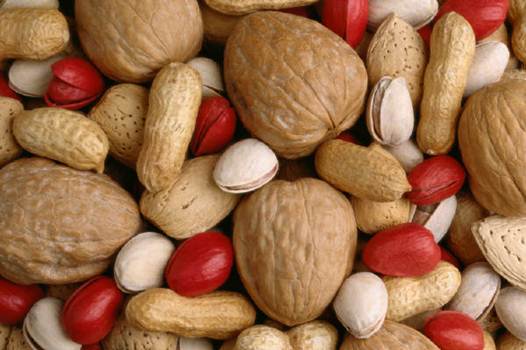
Why they work:
Monounsaturated fats in almonds, cashews
and macadamia nuts increase the richness of your milk.
Typical dose:
Consume up to three servings per day, and
make sure to eat them raw, not roasted and salted.
Blessed thistle
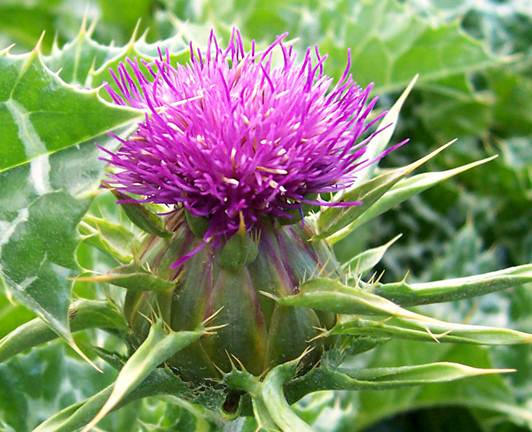
Why it works:
It stimulates the flow of blood to the
mammary glands and enriches production as well as stabilizes blood sugar.
Typical dose:
Three capsules (325 to 390 mg each) three
times daily with food. It’s often recommended to take with fenugreek.
Fenugreek
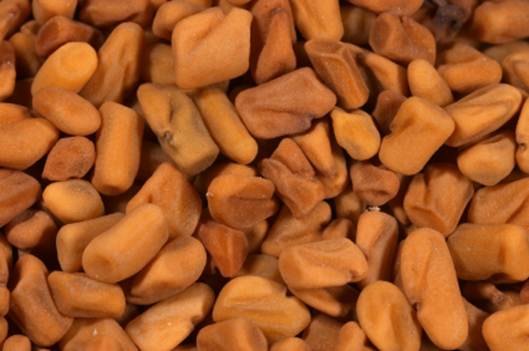
Why it works:
It stimulates the secretion of human growth
hormone, slows the digestive tract and stabilizes blood sugar levels.
Typical dose:
Three capsules (580 to 610 mg each) three
times daily with food. Your urine or perspiration may smell like maple syrup
Oats/oatmeal
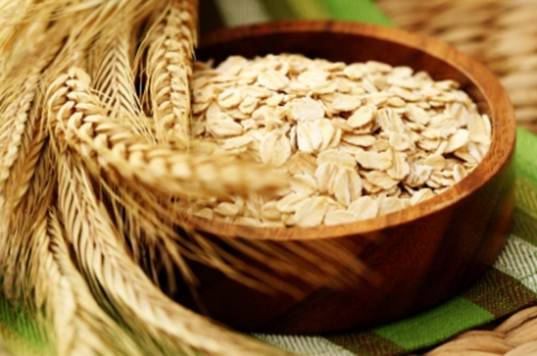
Why it works:
It stimulates the production of Pitocin, a
key milk-making hormone.
Typical dose:
Eat steel-cut oatmeal up to twice daily.
Vegetables
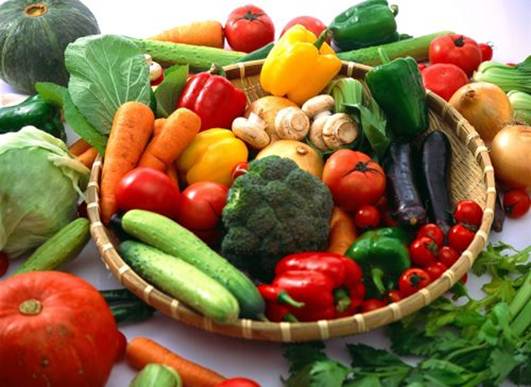
Why they works:
Leafy green vegetables are essential and
contain B vitamins and iron, which reportedly increase milk production.
Typical dose:
Consume at least seven raw or cooked servings
per day.
Goat’s rue

Why it works:
It increases milk production and aids in
cleansing the body of toxins.
Typical dose:
One teaspoon to one cup boiling water
infused for 10 to 15 minutes twice per day.
Ginger
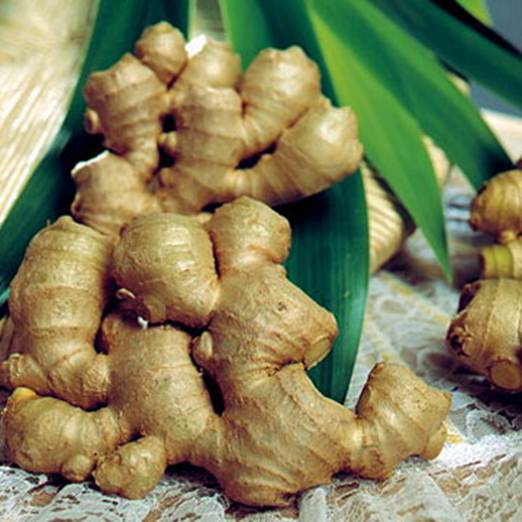
Why it works:
It increases blood circulation throughout
the body.
Typical dose:
Drink commercial ginger tea or steep
sliced, fresf ginger in hot water for 15 minutes twice a day.